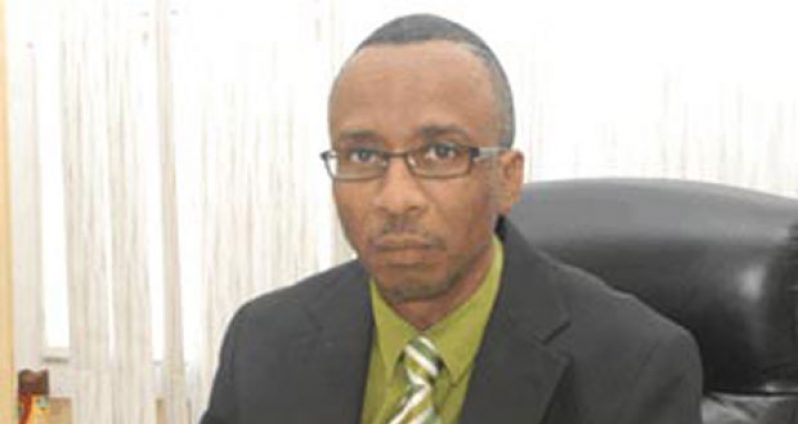THIS week, knowing fully well how partisan any attempt at debate can be, particularly on certain contentious issues, I want to look at a couple of things from a hypothetical perspective, focusing on the core mechanics of what is being done and what can be done better.
I want to start with a hypothetical country with a history of political division, one in which the dynamics of political domination that have characterised it since independence have recently changed. With a strengthened political Opposition, one that has raised legitimate issues, there is still the failure to take many of those issues on board. In such a situation, I can only see that political division deepening.
But there is of course a flip side to all of this. Consider for example that one repeated cry of this same Opposition group is that of corruption. However, with a functioning Integrity Commission in place, the very people that have made the allegations, both individually and collectively, still fail to cooperate with that Commission and other supporting agencies in order to see that these charges of corruption are thoroughly investigated. If it is that there is a constant cry of wolf, and there is no actual proof of the wolf, then it is reasonable for people to believe that there might not be a wolf, or quite likely just a cub.
It is my view that there is a level of corruption in every single country in the world, and on principle it should be dealt with; something that is the duty of every single citizen, not just government, to help in rooting it out.
Hypothetically speaking, suppose in this country that there are what appear to be clear cases of mismanagement; for example, this country has a recently built sugar factory – sugar being a critical industry – whereby the contract for construction had to be given to a company from a particular country, the same one from which financing for the factory is being sourced.
Under the same arrangement, the feasibility study did indicate that the contract had to be given to persons from another country to be mandated to oversee the construction.
Suppose that some problems arise, problems that could have been avoided if this supervising company that was duly paid was doing what it was supposed to do. Suppose that ideally the Government’s position would be to sue the company that was responsible, but that this was virtually impossible under the contract that was entered into, since it stipulated that the jurisdiction for any legal action would be in another jurisdiction. Supposing that while the concept was sound, and fault lay completely with the supervising and constructing companies, I would argue that in this situation, it would be time for there to be a national approach to rescuing this critical industry; one that rose above partisan blame, particularly when it came to unforeseen situations, and one that included all parties in getting the situation corrected.
Suppose this country’s context was so similar to Guyana that in all areas over the past 20 years, that in other areas there was significant progress which was pushed by the head of the country who is no longer in office. However, in the eyes of the political Opposition, none of that mattered and that former head of state is alienated and ostracised in any forum at which the Opposition is present.
Finally, let’s suppose that in this politically divisive country, the President recently suspended Parliament, defending his decision that no government would sit and allow a no-confidence motion when constitutionally there are other options. I would hypothetically say that this is a fair position.
Hypothetically speaking, I would recommend that there has to be more cooperation between the Government and the Opposition in the future. Doing the same thing over and over, and taking positions that are led more by self-interest and ego, than for the national good serves only to benefit individuals and not the nation.
By Keith Burrowes




.jpg)










